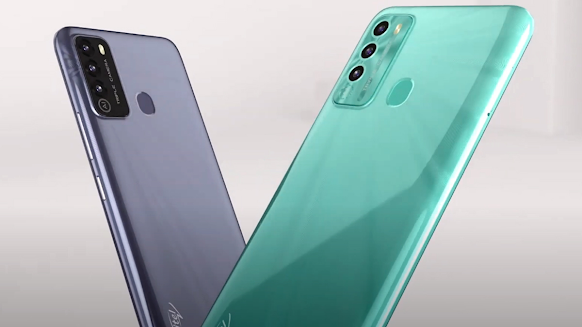Daily Usage Mobiles In Your Affordable Budget
Smartphones have become the dominant mobile device used in the Philippines today. As of March 2015, the Philippines is now the third largest market for smartphones in Southeast Asia. With Facebook and YouTube among the top 5 social media apps used by Filipinos today, it's little wonder that the purpose of the mobile phone has gone beyond the basic necessities of texting and calling. In an age where smartphones rule the market, there are different models with their own advantages. High definition cameras, higher storage space, and more memory are just some of the many features we enjoy. The question then is, which specs should we be looking at? After all, new models are always being released into the market.
Here
are 10 of the most crucial specs that we need to check before buying a
smartphone:
Battery
Life : This is arguably the most critical aspect—after all, a phone is only as
good as its battery capacity. For easier reference, manufacturers usually
measure battery performance in milliampere-hours (mAh). On average, smartphone
phone battery capacities can start from 1700mAh and can go all the way up to
4000mAh of the Itel Vision 1. Some brands also state how many hours a phone can
last on standby, talk, or media playback.
How much power you need depends on your lifestyle. If you’re not heavy
on apps and just need something simple, anywhere up to 2000mAh is usually
enough for the day. If you’re the type who regularly plays games or uses lots
of apps, then a phone with a higher battery capacity is the one you need.
Processor
: No matter how updated your operating system is, your phone's processor needs
to keep up with it in order to run the phone smoothly. When checking for the
phone’s processor, the number of cores and the clock speed are what you need to
watch out for.
RAM
: Your phone’s RAM is crucial to the multitasking element. From basic operating
system functions to games, each app needs a bit of memory to function. The more
memory you have, the more apps you can run on your phone.
Sensors
: Sensors like accelerometers, gyrometers, and GPS locators are also another
thing to look at. If you’re the type who relies on apps like Waze or Google
Maps to navigate the metro, these are indispensable specs that a smartphone
must have. These not only allow your phone to communicate with location
satellites and pinpoint your exact location to tell you where you are. They
also collect information from your surroundings, allowing location apps to
measure your speed and travel time.
Internet
Connections : Smartphones are heavily dependent on WiFi and mobile data. Apps
like Facebook, YouTube, and Viber need them to function, while games need an
internet connection to sync to servers.
While most smartphones can connect to the internet, not all of them have
4G LTE, which is the new standard for mobile internet.
Wireless
Connections : Aside from internet connections, you can also use your smartphone
to transfer data and files from one device to the other. As far as connections
go, Bluetooth is the current standard that allows your phone to transfer files
and remotely connect to different gadgets. These include headphones, laptops
and speakers.




Comments
Post a Comment